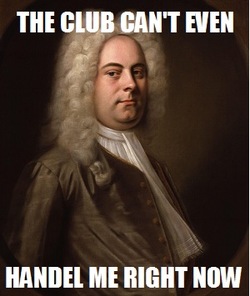 There’s a perception that classical musicians are different to pop musicians. On some level, this is true when it comes to learning experiences, and as teachers, we need to choose the right pedagogy for the style being studied. However, there are some similarities across all styles of music and we can use these similarities to bring relevance to new music when expanding student musical horizons. So what types of experiences can we give students?
In the classroom, we can start with these common music-making skills that exist across genres and use these to create relevance for the student from known music to the unknown. This way, we can create a balance between what is seen as 'classical' and what is seen as 'pop'. From here, we can then hone in on specific pedagogies to learn specific styles. Music pedagogy, for ourselves as musicians, and for our students, need to authentically align with the musical style we are studying. We need to model ourselves as 21st-century musicians and interact with music in a musical way, not merely a historical and theoretical way, in order to remain relevant. More reading
3 Comments
Flora Benson
14/4/2016 09:55:52 am
A thoughtful, balanced post. Great to include extra links - thanks!
Reply
Leave a Reply. |
My BlogReflections/news on music, piano and music teaching, and anything else that pops up. Archives
October 2021
Categories
All
|
 RSS Feed
RSS Feed